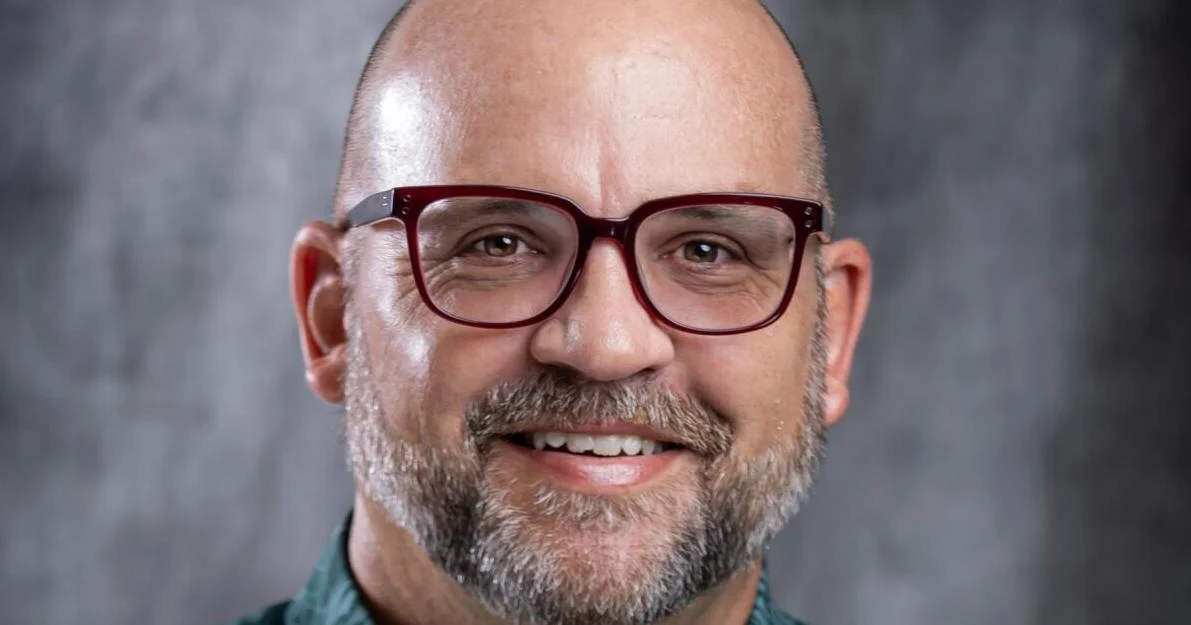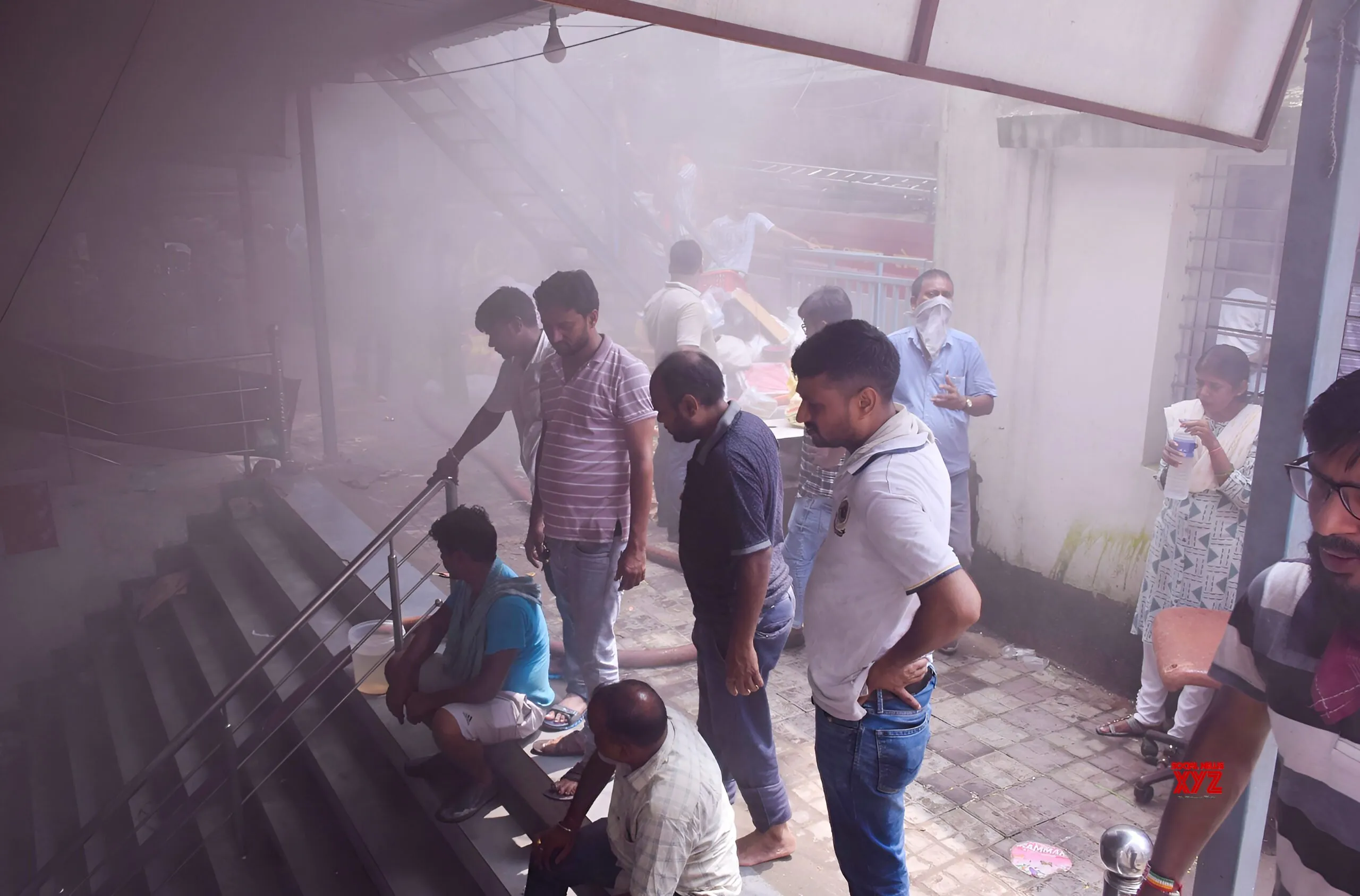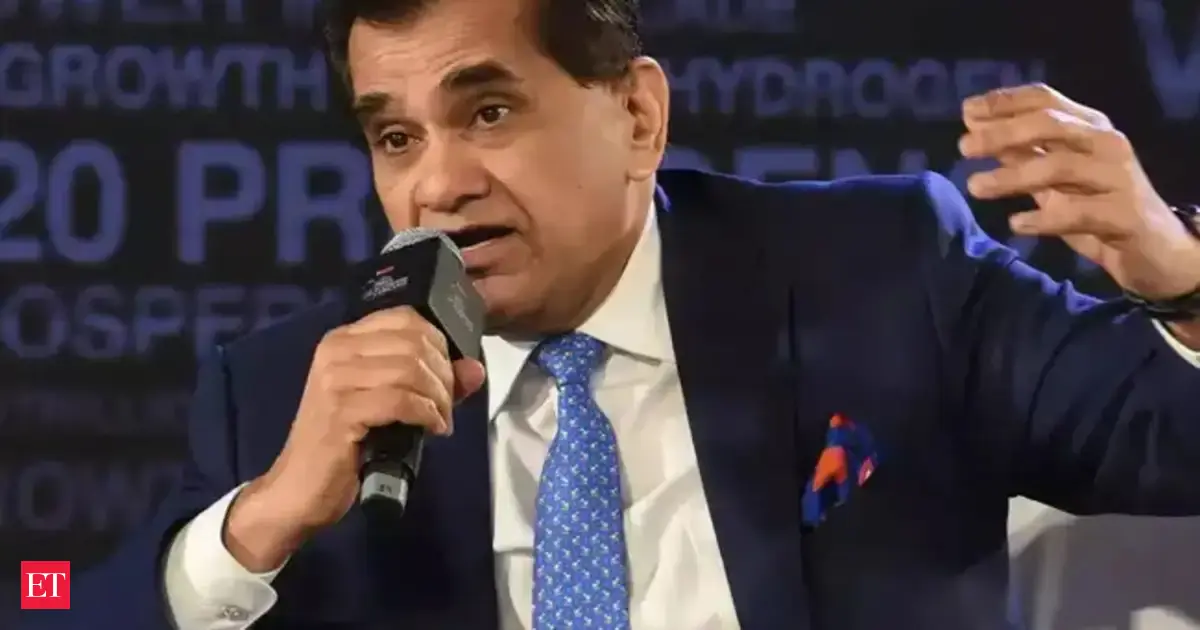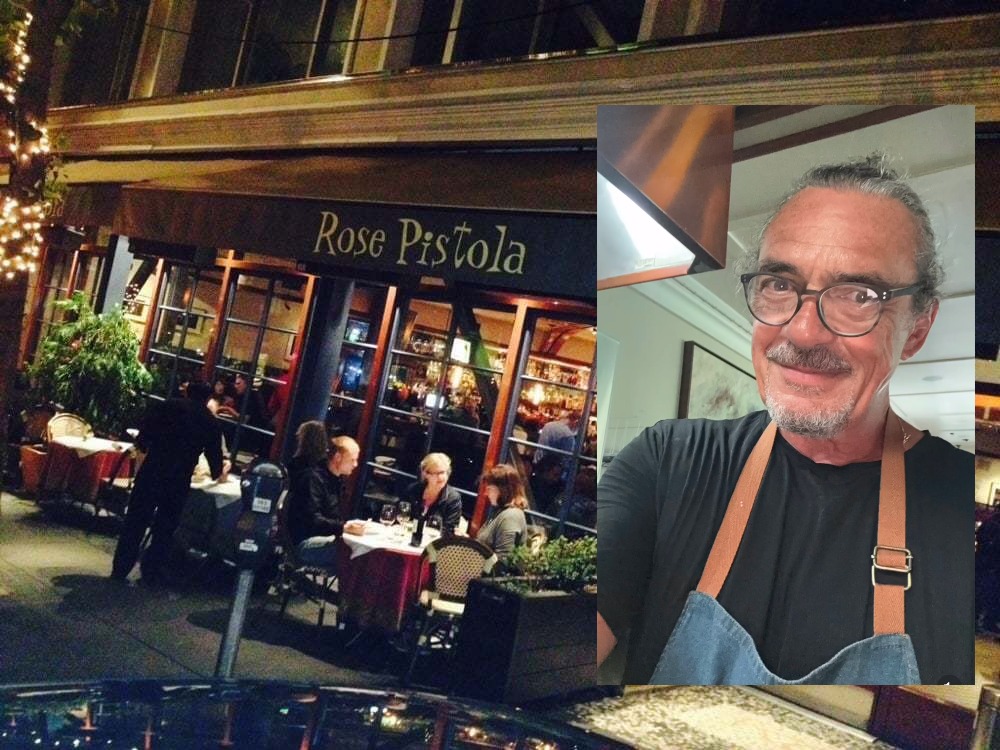By By Brett Fulkerson-Smith,PhD For Pacific Daily News
Copyright guampdn

(This is the first of a series of essays on the unique contributions of the humanities program at the University of Guam to the island and the wider Pacific region.)
As the coordinator of the University of Guam’s philosophy program, I often reflect on the role of the humanities in higher education. Across the United States, fields like philosophy, history, and literature are under pressure.
Falling enrollments are straining university budgets, and in some states, funding is now tied to graduates’ starting salaries. Many programs in the humanities have been cut to save money, dismissed as “impractical.”
But when I look at my students, my colleagues, and the community work we do at UOG, I see a very different story.
Philosophy—and the humanities more broadly—are far from luxuries. They are at the heart of higher education’s mission: to prepare students not just for jobs, but for lives of purpose as thoughtful, engaged members of their communities.
Philosophy, in particular, helps students grapple with complexity, see from multiple perspectives, and cultivate intellectual humility. These skills are in short supply in our polarized world, yet they are essential for leadership, citizenship, and professional success.
Even business leaders are beginning to say this out loud. Entrepreneur and Shark Tank investor Daniel Lubetzky recently remarked, “AI is going to be able to code better than most people, but AI is not going to be able to develop original thought…If you want to thrive, go study [philosophers like] Aristotle, Socrates, Plato…and learn about humanity.”
In a world where technology evolves faster than ever, wisdom, empathy, and critical thought are what set future leaders apart.
Here at UOG, philosophy is anything but abstract. It’s rigorous training that shapes how students think, communicate, and act.
Employers consistently rank critical thinking, communication, teamwork, and ethical judgment among the most important skills they seek in new hires. Yet national surveys reveal fewer than 60% of graduates actually demonstrate proficiency in these areas.
Philosophy’s focus on reasoning, clear writing, and ethical analysis directly addresses this gap.
Research backs this up. A recent study of over 600,000 college graduates found that “students who studied philosophy improved their analytical and verbal reasoning skills more than almost any other group of students.” These gains show up in all kinds of ways: philosophy majors routinely score among the highest of all majors on the LSAT, GRE, and GMAT.
And while they may not start with the biggest paychecks, their mid-career earnings average between $65,000 and $85,000, with many exceeding $100,000 a year—on par with or above graduates from more “practical” fields.
For me, though, the value of philosophy comes alive in the stories of our students. Take Hunter Sidell, co-valedictorian of the Class of Fañomnåkan 2024. He majored in philosophy, excelled on the MCAT, and is now heading to medical school.
Hunter credits philosophy with sharpening his reasoning, problem-solving, and ethical reflection skills: all critical for his future in medicine. And he has no plans to leave Guam behind.
As Hunter put it, “This island—I want to make it my home. It is my home, and I want to come back and give back to the island as a physician.” His journey is just one example of how philosophy fosters in students intellectual growth while nurturing a deep commitment to community.
Our program also reaches far beyond the classroom. Over the past several years, philosophy faculty have partnered with the Guam Department of Education to bring Philosophy for Children, P4C, into local schools, helping teachers foster intellectual curiosity and philosophical dialogue among students.
Through EthixQuest—a week-long summer camp begun in 2023—middle-schoolers wrestle with real-world ethical dilemmas in ways that build confidence, empathy, and collaboration.
And this year, we launched I Chalan Mo’na, an ambitious new program supported by a three-year, $300,000 grant from the Teagle Foundation. It brings together rising high school seniors from across Guam for a two-week summer seminar on self-determination, ethics, and culture, followed by a year of civic engagement and college preparation.
Sixteen students from six schools participated in the inaugural program. One student shared how the lectures “opened meaningful conversation and self-discovery about my personal view of freedom.”
Another reflected, “It allowed me to become a more informed citizen and resident of Guam and inspired me to do my part in preserving the dying CHamoru culture.”
And these programs are making a measurable difference. Before and after EthixQuest, students reflected on their skills, and the results showed clear growth. On average, they reported stronger abilities in seeing ethical issues from multiple perspectives, thinking ahead about the real-world consequences of their choices, and solving problems collaboratively. In other words, the camp helped students become more thoughtful, responsible, and community-minded.
The same is true of I Chalan Mo’na. By the end of the program, participants told us they felt more confident in their reasoning and communication skills, better prepared for college, and more inspired to take part in conversations about Guam’s future, including the island’s political status.
In a time of rapid change and uncertainty in higher education, programs like UOG’s philosophy department remind us why the humanities matter. I see every day how philosophy equips students to thrive professionally, act ethically, and contribute meaningfully to the life of our island.
Returning to Daniel Lubetzky: “The thing that will make you valuable is your ability to think deeply, create, and understand humanity.”
Philosophy cultivates precisely those capacities.



